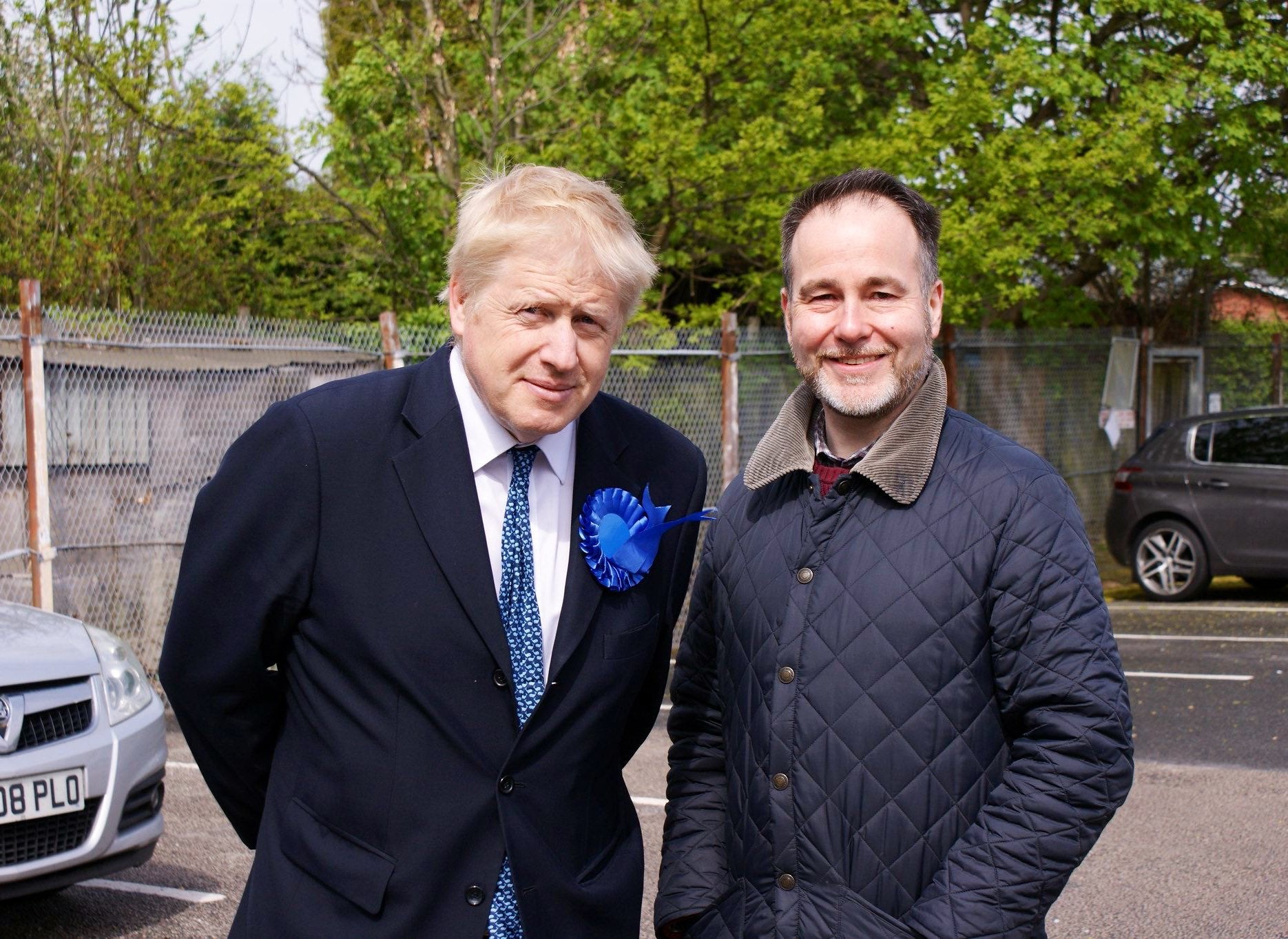Boris Johnson ‘minimises’ sexual harassment by telling committee: ‘Some people simply can’t take their drink’
MP claims prime minister blamed colleagues for ‘allowing Chris Pincher to drink too much’ before Carlton Club incident
The prime minister has been accused of minimising sexual assault by appearing to blame alcohol for predatory behaviour.
While being questioned about his handling of the conduct of Conservative former deputy chief whip Chris Pincher, Boris Johnson told parliament’s Liaison Committee: “Some people simply can't take their drink.”
Conservative committee member Caroline Nokes asked if he was presenting alcohol as an “excuse” for sexual harassment and said he had minimised the issue.
Mr Johnson denied the accusation, telling the committee: “I observed that some people seem to get very drunk but that in no way minimises the underlying pattern of behaviour.”
“That’s what you’ve just done,” Mr Nokes responded. An MP who was present during an incident involving Mr Pincher on Wednesday night at the Carlton Club said the prime minister had used alcohol in an attempt to “absolve Mr Pincher of his actions”.
In a letter resigning his position as a parliamentary private secretary, Mark Fletcher said he personally intervened in the “very serious situation” and reported it to the chief whip.
Mr Fletcher said that he raised concerns with Mr Johnson over Mr Pincher being allowed to retain the party whip on Friday and was reassured when he was kicked out of the Conservative Party later that day.
“However, in our conversation in the tearoom yesterday, you suggested that the events of that night were the fault of the colleagues who were present for allowing him to drink too much,” Mr Fletcher wrote to the prime minister.
“Such a view seems to me an attempt to absolve Mr Pincher of his actions and, in so doing, to be an apologist for someone who has committed sexual assault.
“I am unable to accept such a crass and insensitive interpretation of what happened…any person who suggests that anyone other than Mr Pincher is solely responsible for what happened that night is unfit to lead our country. To take any other position does a severe disservice to the victims.”

The furore comes after the prosecutions of recorded rapes and sexual offences hit record lows in England and Wales.
A year ago, a government review of rape cases sparked a vow from the home secretary, lord chancellor and attorney general saying: “We will continue to build the confidence of victims to come forward and report these horrendous crimes to the police.
“We have seen significant growth in recording of rape by the police and we must continue to make progress to ensure that victims are dealt with professionally and sensitively, and their perpetrators are investigated and prosecuted, so that those who commit these crimes feel the full force of the law.”
Among the dozens of resignations on Wednesday were two ministers with responsibilities involving sexual offences and vulnerable people.
Victoria Atkins stood down as a justice minister responsible for rape and serious sexual offences, violence against women and girls, prisons and youth justice.
Later in the day, Rachel Maclean left the post of safeguarding minister, writing in her resignation letter: “The victims of sexual harassment I work with tell me that every single time the biggest obstacle they face in coming forward to tell their heartbreaking and traumatic stories is that they fear they will not be believed, or that the system will cover up for the perpetrator. These crimes are almost always about power, because individuals know that the power they have over their victims means they will be protected and can act with impunity.”
Join our commenting forum
Join thought-provoking conversations, follow other Independent readers and see their replies
Comments


Bookmark popover
Removed from bookmarks